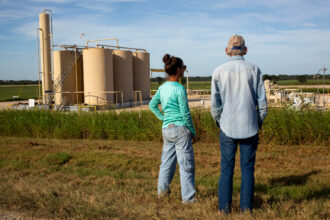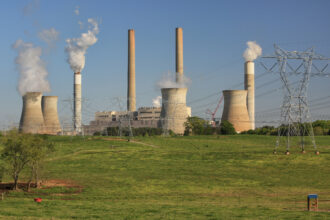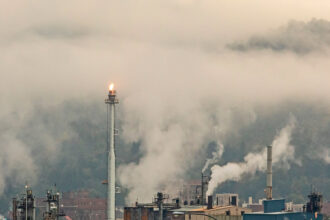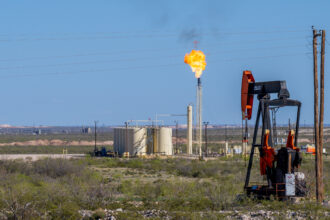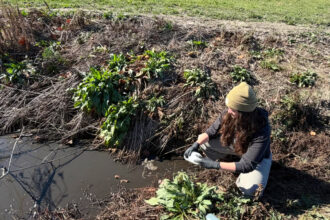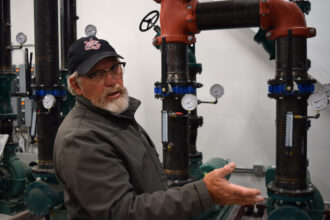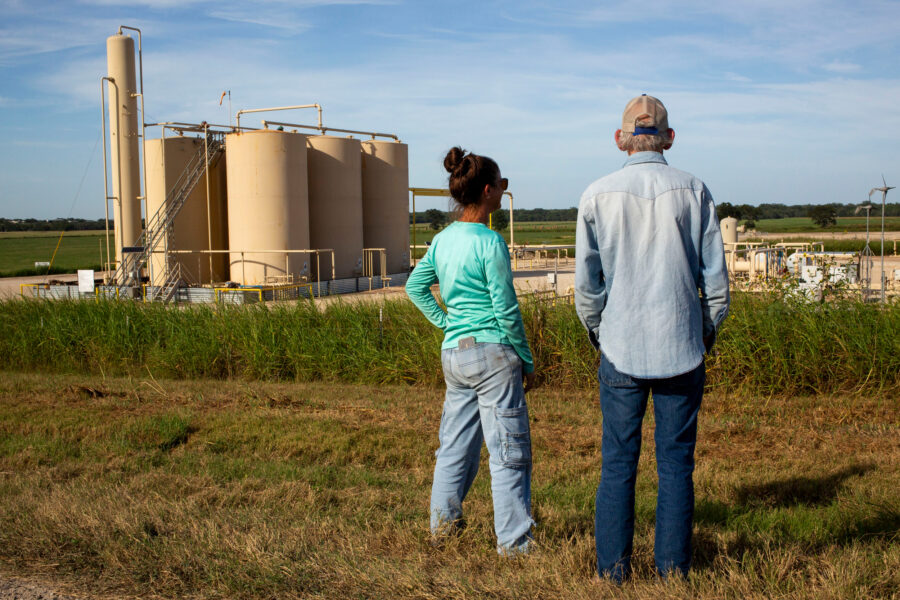By Suzanne Goldenberg, Guardian
The World Bank on Thursday approved a controversial $3.75 billion loan to build one of the world’s largest coal plants in South Africa, defying international protests and sharp criticism from the Obama administration that the project would fuel climate change.
The proposed Medupi station, operated by South Africa’s state-owned Eskom company, was fiercely opposed by an international coalition of grassroots, church and environmental activists who said it would hurt the environment and do little to help end poverty. As planned, it would put out 25 million metric tons of carbon dioxide a year and would prevent South Africa making good on a promise to try to curb future emissions.
The bank said it acted to help South Africa escape a crippling power shortage.
"Without an increased energy supply, South Africans will face hardship for the poor and limited economic growth," said Obiageli Ezekwesili, the World Bank’s vice president for Africa.
But the bank’s approval for the Medupi station, though expected, was overshadowed by dissatisfaction from American and European donors, as well as a groundswell of protests.
America, Britain, the Netherlands, Italy and Norway registered their opposition to the loan by abstaining from the vote, the traditional method of dissent on the board which operates by consensus.
In a statement, the U.S. Treasury Department said the loan was incompatible with the bank’s stated commitment to promoting low carbon economic development.
"We expect that the World Bank will not bring forward similar coal projects from middle-income countries in the future without a plan to ensure there is no net increase in carbon emissions," it said.
Britain, registering its abstention, noted the controversy surrounding the plant.
"The project raises several sensitive and potentially controversial issues which it has not been possible to resolve before this period began," a statement from the UK’s Department for International Development said.
However, a World Bank official said the strong wording of such statements did not carry over to the Board’s discussions of the loan.
"It was not an easy decision," he said. "Everybody recognized the concerns about climate change, but this was a balancing act."
The vote by the World Bank had been widely seen as a test of the Obama administration’s commitment to new guidelines put forward barely three months ago to shift aid to the developing world away from coal and fossil fuels to less polluting energy sources. The administration had come under strong pressure from Democratic leaders in Congress as well as environmental organizations to try to block the loan.
Environmental organizations said its decision to abstain fell short.
"I am not going to give them points for abstaining. This was totally the easy way out," said Karen Ornstein of Friends of the Earth. "If the U.S. were to follow its own clean coal guidance for multilateral development banks it would have had to vote no on this loan."
Michael Stulman of Africa Action said the entire project was misguided, and would do little to help poor South Africans.
"This is one of those stereotypical development disaster stories," he said.
(Republished with permission of the Guardian)
See also:
Eskom: The World Bank’s Coal Power Support Program
World Bank’s Massive Fossil Lending Undermines Its New Climate Funds
Western Institutions Bankrolling Dirty Power in Developing Countries
(Photo: Work begins on Medupi Power Station, Eskom)
About This Story
Perhaps you noticed: This story, like all the news we publish, is free to read. That’s because Inside Climate News is a 501c3 nonprofit organization. We do not charge a subscription fee, lock our news behind a paywall, or clutter our website with ads. We make our news on climate and the environment freely available to you and anyone who wants it.
That’s not all. We also share our news for free with scores of other media organizations around the country. Many of them can’t afford to do environmental journalism of their own. We’ve built bureaus from coast to coast to report local stories, collaborate with local newsrooms and co-publish articles so that this vital work is shared as widely as possible.
Two of us launched ICN in 2007. Six years later we earned a Pulitzer Prize for National Reporting, and now we run the oldest and largest dedicated climate newsroom in the nation. We tell the story in all its complexity. We hold polluters accountable. We expose environmental injustice. We debunk misinformation. We scrutinize solutions and inspire action.
Donations from readers like you fund every aspect of what we do. If you don’t already, will you support our ongoing work, our reporting on the biggest crisis facing our planet, and help us reach even more readers in more places?
Please take a moment to make a tax-deductible donation. Every one of them makes a difference.
Thank you,





